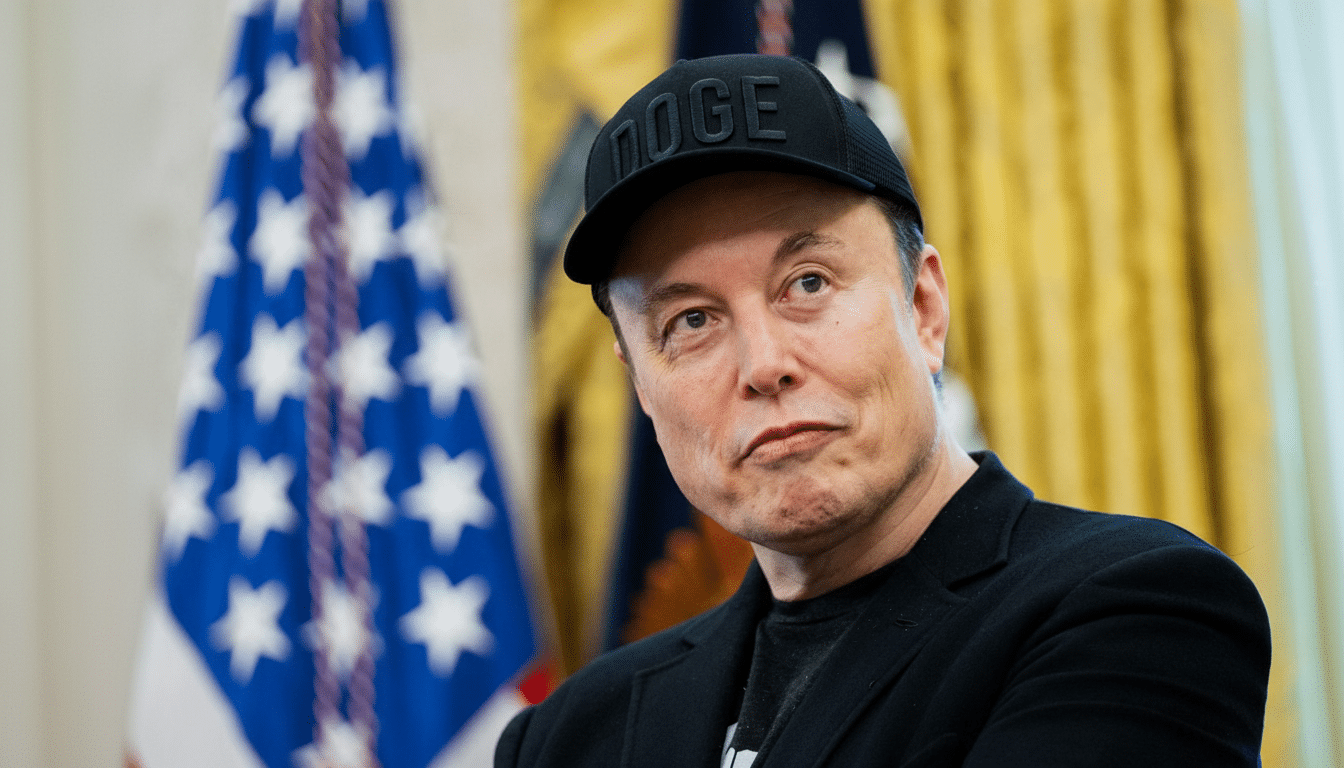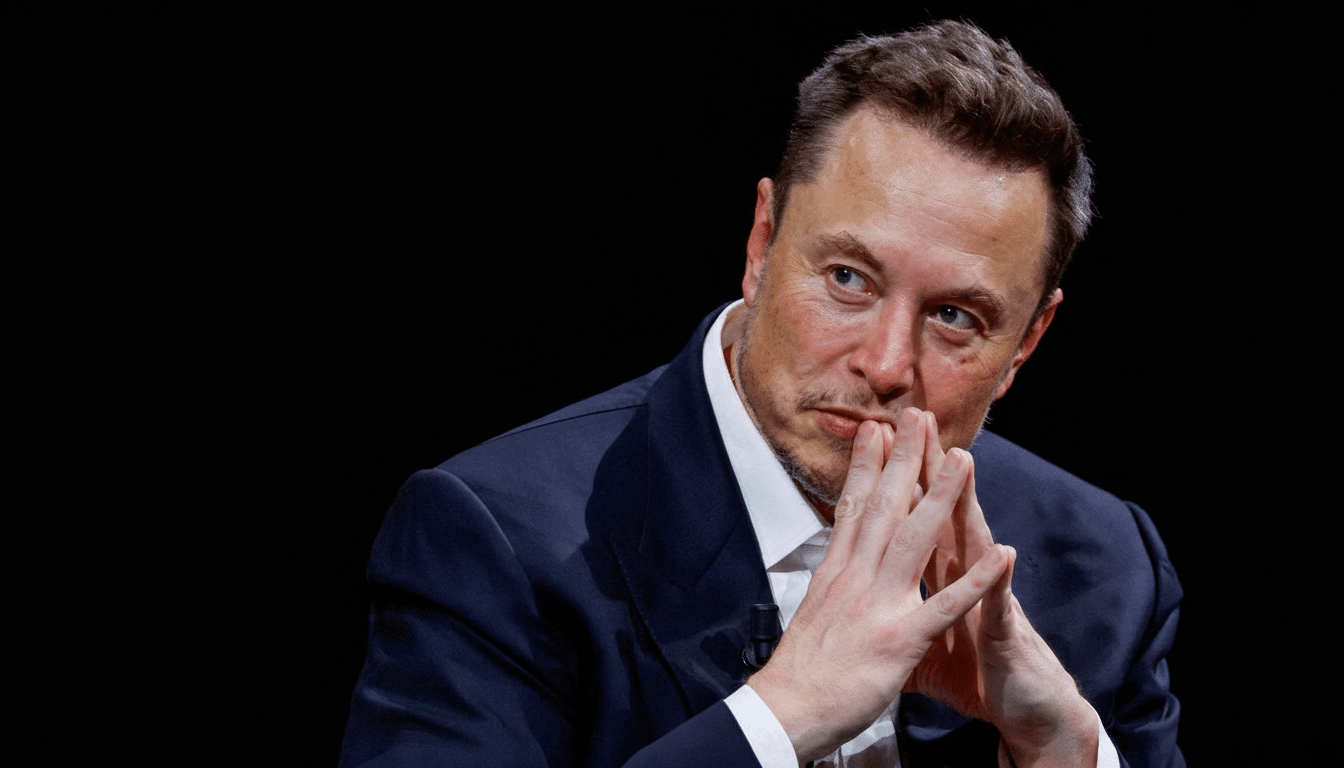Elon Musk is disputing speculation that he was excluded from the guest list of a prestigious White House meeting on artificial intelligence, insisting that he was not snubbed and had no intention of going anyway. The gathering, which organizers described as a policy-focused meeting of tech leaders and researchers and which sources said culminated in a dinner in the Rose Garden, set off a frenzy of chatter about who was in, who was out and what it all means. Musk’s takeaway: It’s not a slight, and it’s not a tale.
What Got the Snub Narrative Going
Pre-event chatter about who had or hadn’t been invited spread fast, stoked by Musk’s outsized stature in AI and his lengthy record of headline-grabbing encounters with Washington. When early lists seemed to exclude him, some observers interpreted it as payback or a sign of diminished influence. Those theories are well worn: the White House’s early gathering on electric vehicles prompted similar speculation that Tesla did not participate before the company joined later policy discussions.

The race to read the tea leaves about guest lists misunderstands how these meetings operate. White House sessions are frequently curated for the current agenda — one may emphasize open-source researchers and security scientists, perhaps, while another caters to enterprise buyers or infrastructure suppliers. Attendance is rolling, and such a roster, in the end, rarely represents the whole network of available connections to such senior players.
Musk’s Response and Where He Stands
Musk said in the platform that the story line was mistaken, adding that he was not looking for an invitation and that he was concentrating on products and infrastructure development. He has, however, met with lawmakers on both sides of the aisle and has taken part in closed-door congressional sessions about AI, including a briefing with something called the AI Task Force about the model safety frontier, the need for computing, and national competitiveness.
His companies are at the center of several AI debates. The situation involving Tesla’s autonomous driving software is a case study in the risk of deploying technology in the real world and the scrutiny regulators are bringing to bear. SpaceX uses AI for navigation and operations. xAI is building frontier-scale machines that will rely heavily on compute and energy, just the sort of bottlenecks U.S. authorities associate with economic security. It is those intersections that will keep Musk in the policymaking conversation, whether or not he attends any one White House dinner.
Why This Guest List Matters — And Why It Doesn’t
There have been some advances in White House policy on AI: commitment to voluntary testing by model developers, guidance on safety testing, and commitment to an agency-wide implementation of the NIST AI Risk Management Framework. Decisions to purchase increasingly include mandates that products be transparent, red-team tested and include safeguards to ensure they aren’t used improperly, influencing how AI is developed and fielded across the federal ecosystem. A Rose Garden meal is ceremonial; the real meat lies in standards, rulemaking and regular technical consultations.

Who participates, however, can be a useful signal. If the room leans toward foundation-model labs, what you’ll hear is a discussion around capability assessments, content provenance and compute governance. If it leans buyers in enterprise or the public sector, you’re likely to hear about safety-by-design, liability, and how to embed the NIST framework deep into contracts. Civil-society experts and researchers with the AI Safety Institute frequently advocate for work on independent auditing and incident reporting, two areas that serve as pain points for Musk’s efforts at both xAI and Tesla.
Signals From the AI Policy Landscape
And while America is the destination for the lion’s share of private investment in AI investment and host to many of the leading frontier model developers, according to the Stanford AI Index, that’s why federal policy is becoming so entwined with industry roadmaps. The Centre for Security and Emerging Technology has observed how compute, data centre and talent has become concentrated in a small number of companies — one more reason why the federal government’s engagement with just a few CEOs can have an outsize impact.
Agencies are also building technical capacity. And the U.S. AI Safety Institute at the National Institute of Standards and Technology also is widening its testbeds and evaluation methods. The Federal Trade Commission and the Justice Department are examining complaints about the powers of A.I. and competition. Energy regulators and grid planners are studying demand surge from AI data centers. None of this is decided by a single guest list; it’s done by months of standards work, priorities for enforcement and infrastructure planning.
Bottom Line
Musk’s rebuttal, however, is at odds with the narrative he was iced out. Where he is for one White House event matters far less than the channels his companies use every week — technical consultations, compliance implementations, operational data — all of which feed into ongoing rule-making. In AI policy influence is obtained via a combination of continued engagement and the provision of technically credible input. On that count, the story will be told in model evaluations, safety benchmarks and infrastructure milestones, not in a seating chart.

